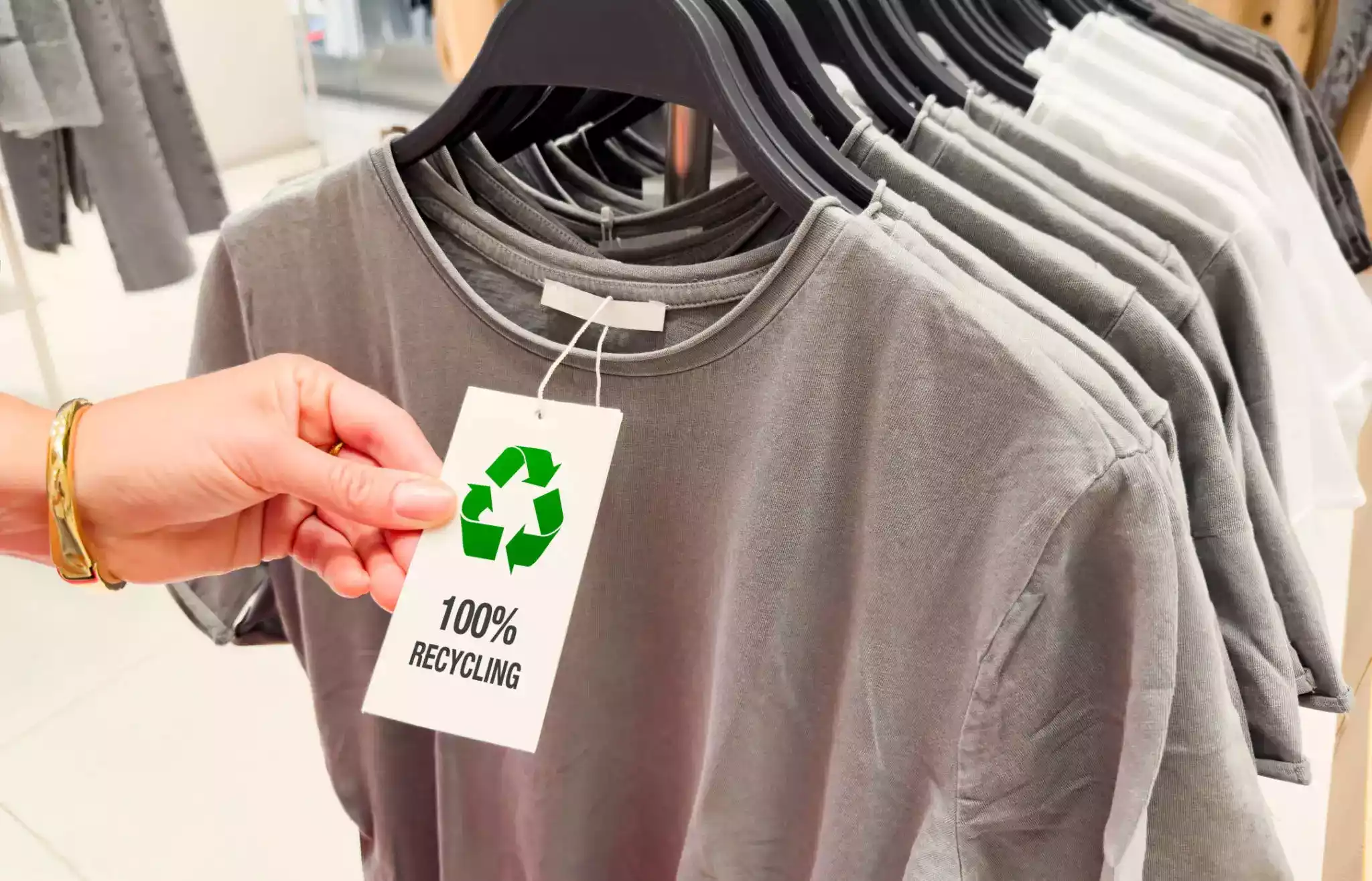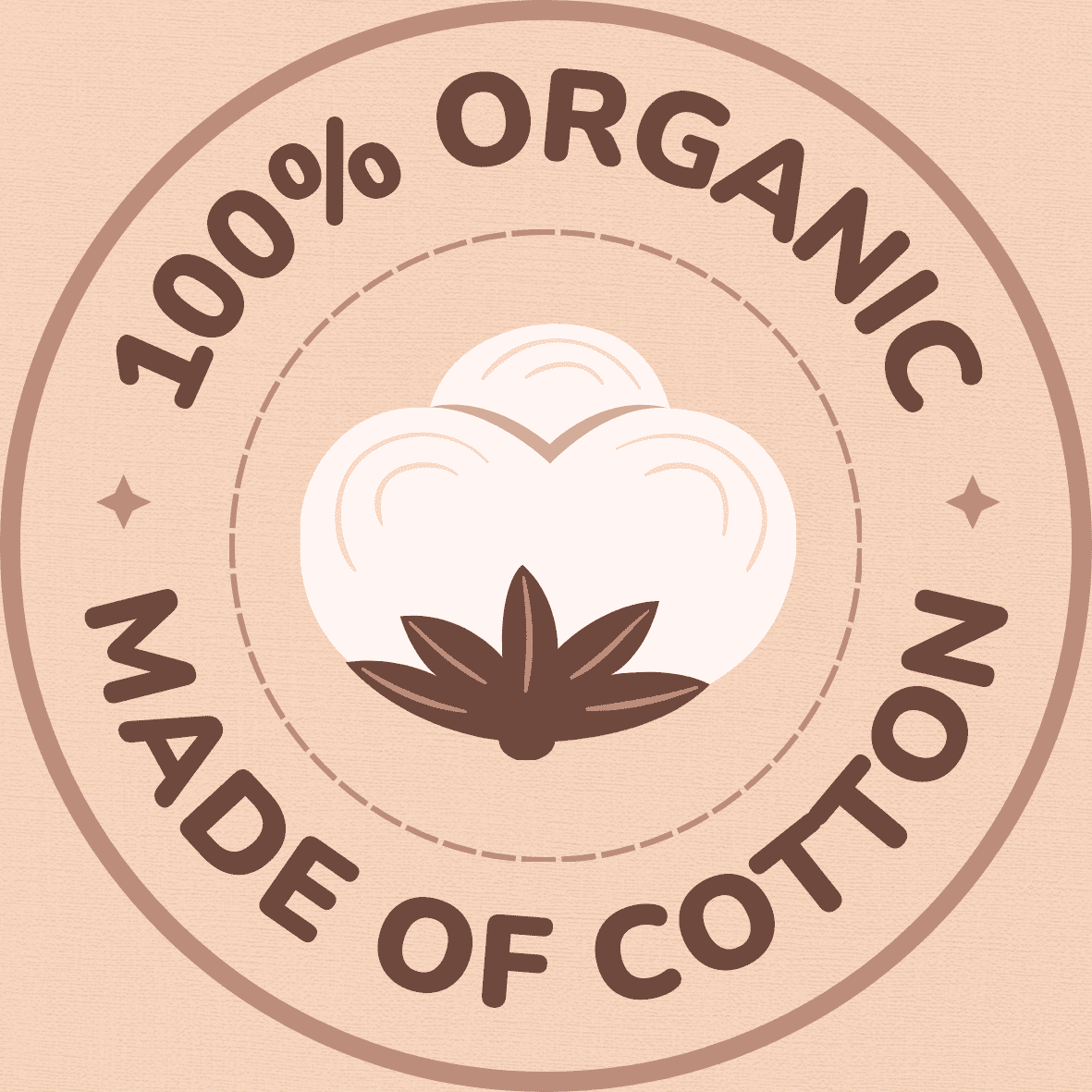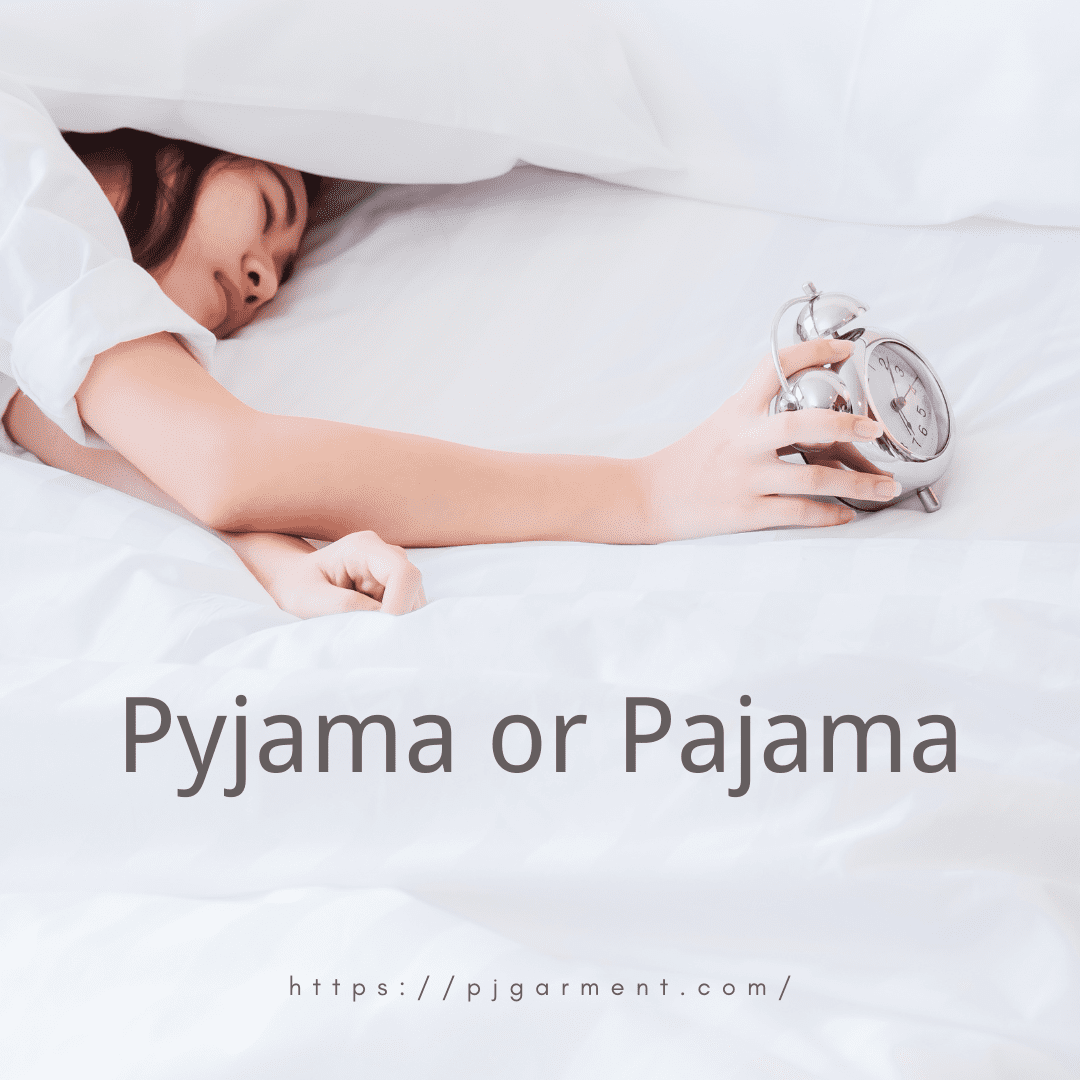Sustainable Style: Embrace Organic Fashion with a Leading Organic Clothing Manufacturer
Organic clothing manufacturers have been increasingly pivotal in shaping the textile industry towards the realm of sustainability. This exciting shift, driven by both conscious manufacturers and informed consumers, prioritizes the use of organic materials that cause limited harm to the environment and human health over conventional synthetic or chemically-treated fibers. The role that organic clothing manufacturers play in this global movement extends beyond simply supplying organic clothes—it serves as a signal to consumers, other businesses, and even regulatory bodies that sustainability in fashion is both possible and profitable.
While the term organic may be readily associated with food, it holds significant benefits when applied to clothing as well, especially to our health and the environment. Leading the wave of change are organic cotton clothing manufacturers, who produce garments from cotton grown without harmful pesticides or genetically modified organisms (GMOs). Organic clothing manufacturers in the USA and many private label organic clothing manufacturers globally are also showing a strong commitment to this cause, focusing not only on sourcing organic raw materials but also ensuring ethical labour practices and low-impact manufacturing processes. This industry-wide shift underlines the pressing need and growing demand for transparency, responsibility, and sustainability in the world of fashion.
Exploring the Journey from Farm to Fabric
Organic clothing begins its journey with the cultivation of organic cotton, a process that omits the use of synthetic pesticides and harmful chemicals. This strategically crucial step is what sets organic cotton apart from conventionally produced cotton. From this stage, the boll, containing the cotton fibres, is harvested and rendered into raw cotton material. Legitimized by a series of regulatory standards and certifications, baby clothes organic cotton manufacturers in the USA, kids organic cotton clothing manufacturers, and organic baby clothes manufacturers in the UK ensure this cultivated cotton follows an eco-friendly pathway, thus promoting sustainability from farm to fabric.
From the raw cotton material, the process of ginning removes the seed to produce lint, which is then spun into yarn. Yarns are subsequently converted into the fabric used by organic baby clothes manufacturers. This organic fabric is then fashioned into garments, applying stringent organic standards and chemical-free dyes. The organizational process ensures that the clothing meets the specified organic fashion criteria and adheres to strict safety measures. The journey from farm to fabric encompasses a remarkable transformation, shaped by the commitment and initiative of organic baby clothes manufacturers, reflecting their dedication to sustainable and ethical practices.
The Role of Leading Clothing Manufacturers in Promoting Organic Fashion
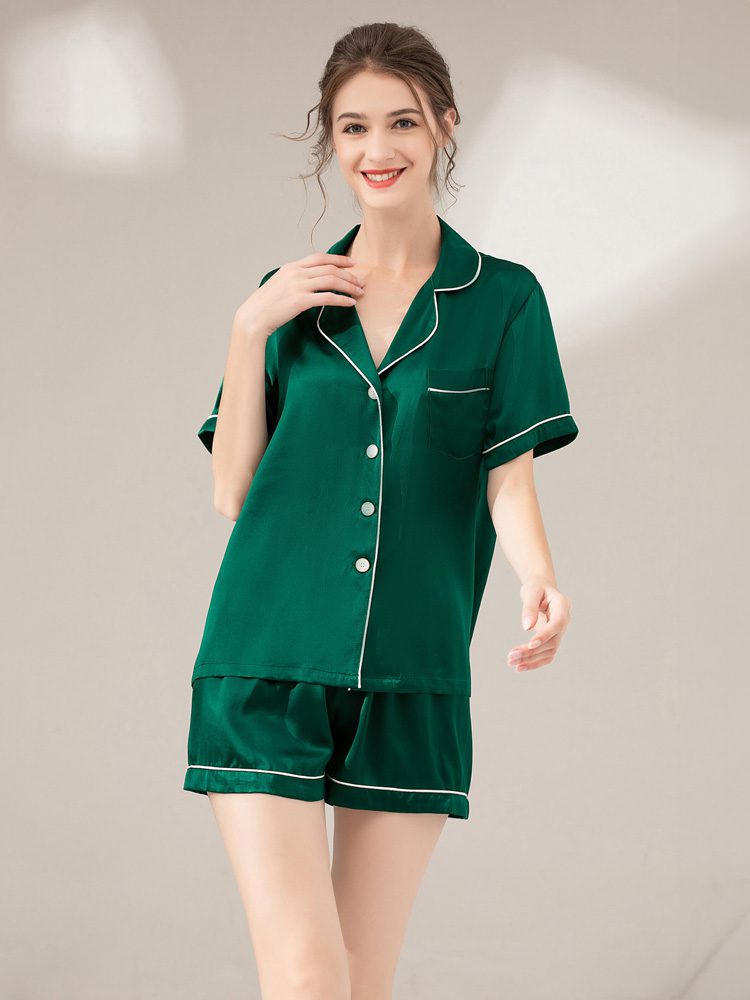
Leading clothing manufacturers have a pioneering part to play in advancing organic fashion, especially concerning products for infants. Many companies such as the well-regarded organic baby clothes manufacturers in the USA have initiated commendable steps to foster environmentally-friendly practises. By putting forth organic clothing lines, they successfully elevate the standard of the industry, while also acknowledging the importance of promoting sustainability in fashion.
Among these proactive companies, there are noteworthy organic baby clothing manufacturers in regions diverse as Canada and China. These industry leaders recognize that the demographic least able to withstand the potential health detriments of inorganically produced fashion are children. Thus, they take strict measures to ensure the quality and safety of their production process. As organically certified companies, they are establishing the benchmark for the production of organic baby clothing, stepping forward as champions of this cause on the global fashion platform.
Unveiling the Benefits of Wearing Organic Clothes
Organic baby clothing manufacturers in the USA have been at the forefront of a welcome change in how we perceive and prioritize our clothing choices. The core benefits of organic clothes are more than just about meeting environmental goals and lowering carbon footprint. These garments are meticulously designed and crafted to be comfortable, soft, breathable, and hypoallergenic, making them perfect for sensitive skin, ensuring reduced risks of allergies and skin irritations. Children, in particular, can greatly benefit from these properties, and unsurprisingly, organic children’s clothing manufacturers have witnessed a notable surge in demand over the years.
Organic clothing manufacturers have evolved to align their practices with sustainability. Brands have started using versatile and eco-friendly organic materials, like bamboo, marking a significant step in this transition. An organic bamboo clothing manufacturer, for instance, employs a production process that requires significantly less water and energy compared to conventional methods. This not only mitigates the environmental burden but also yields clothes that offer superior thermal regulation and moisture-wicking properties. Despite existing misconceptions, organic clothes manufacturers ensure that these earth-friendly advantages do not compromise the style, durability, or affordability of their offerings.
The Impact of Conventional Clothing on Environment and Health
At a quick glance, the modern fashion industry may come across as glamorous and exciting. However, behind the sheen and shine lurks a darker reality marked by environmental and health hazards. A significant contributor to these problems is the conventional clothing production process. Worldwide, including regions such as Australia, Canada, Europe, and China, harmful chemicals are used in large quantities. These pollutants are not only released into the environment but also reside within the finished clothing products; posing significant health risks for consumers.
This is where the role of the organic clothing manufacturer comes into play. Organic clothing manufacturers in Australia, Canada, Europe, and China have taken initiatives to address these challenges. They are shifting from conventional methods, focusing on the use of natural fibers and dyes that do not harm the environment or the wearer’s health. They are embracing sustainable practices in every aspect of production; from crop cultivation to the final product finishing. Such steps in organic clothing manufacturing hold the key to a healthier and safer future for both our planet and ourselves.
Highlighting the Certifications for Organic Fashion
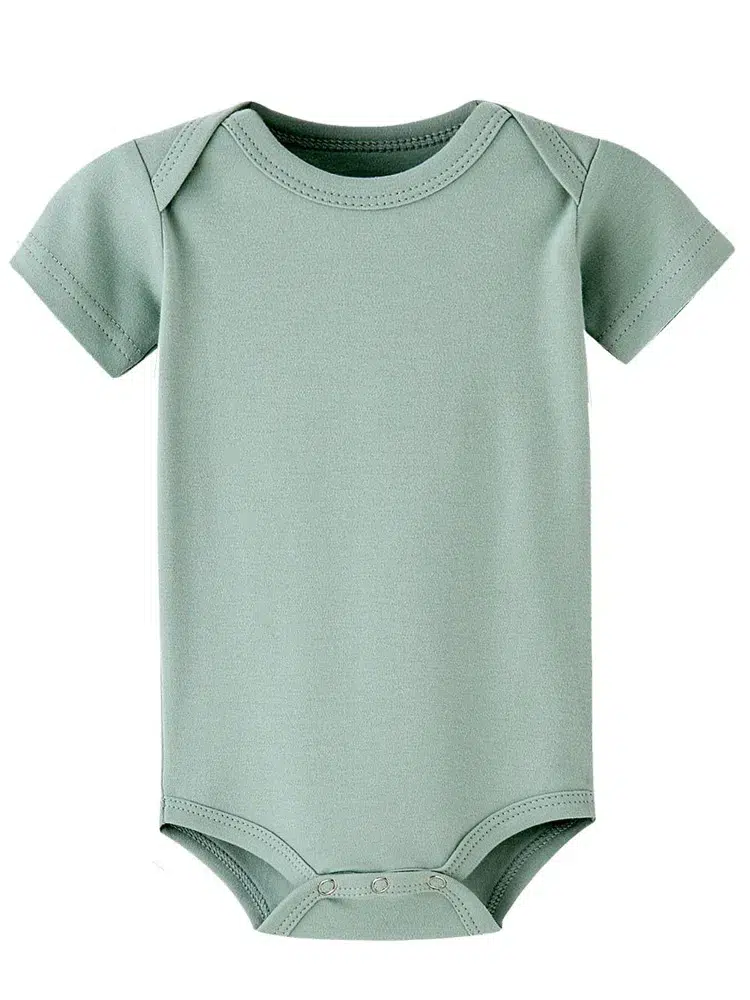
The organic clothing industry, in its stride to ensure authenticity and quality, relies heavily on different certification processes. Esteemed certifications such as ‘Global Organic Textile Standard’ (GOTS) and ‘Organic Content Standards’ (OCS) serve as reliable standards that organic clothing manufacturers in the USA and the UK follow. They assure consumers and retailers alike about the organic facts of the materials used and throw light on the complete organic clothing manufacturing process.
Also, due to the rising demand for non-toxic outfits for infants, the organic cotton baby clothes manufacturer industry has gained substantial momentum over the past years. Such manufacturers, mainly those located in China, are now seeking organic certifications to meet the escalating global expectations. Investing in certified organic infant clothes ensures the application of sustainable methods from cultivation to harvesting organic cotton, ultimately reducing the adverse effects on the environment.
Spotlight on Organic Materials Used in Clothing Production
Organic cotton remains at the forefront of organic textile production due to its sustainability and skin friendly properties. This material’s popularity has led to a surge in organic cotton clothing manufacturers around the globe, each catering to a different segment of the increasingly eco-conscious market. The production of organic cotton involves practices that are less detrimental to the environment and human health as compared with conventional cotton farming.
A number of these manufacturers have made significant strides within the industry. In Australia, organic cotton clothing manufacturers are lauded for their pioneering efforts in sustainable fashion, consistently proving that style and sustainability aren’t mutually exclusive, but rather complementary. In the UK and USA, organic cotton clothing manufacturers have managed to carve out a unique niche for themselves in the world of high fashion as well as mass market retail. They continue to promote sustainable fashion, ensuring supply chains are ethical and environment-friendly. Consequently, these manufacturers stand as beacons in the industry, setting the pace for the development and expansion of organic fashion globally.
The Future of Fashion: Organic and Eco-friendly
Major industry players like organic hemp clothing manufacturers acknowledge their critical role within the global fashion context towards a more sustainable future. These manufacturers have embarked on producing not only adult clothing but have also expanded their scope to include an organic kids clothing line. By embracing ecological responsibility, they adopt processes that mitigate environmental damage, practicing an ethical production system that supports the planet’s health.
On the other hand, private label organic clothing manufacturers are taking sustainability one step further. By allowing custom colours, they offer consumers the opportunity to use their purchasing power to change the fashion industry while meeting the demand for personalized eco-friendly clothing. Similar to the manufacturers of private label organic cotton clothing, they focus on environmentally friendly fabrics. In particular, the private label organic children’s clothing manufacturers are increasingly mainstream because of their dedication to making non-toxic and ethically produced fashion designed for the youngest consumers.
Case Study: Success Stories in Organic Fashion Industry
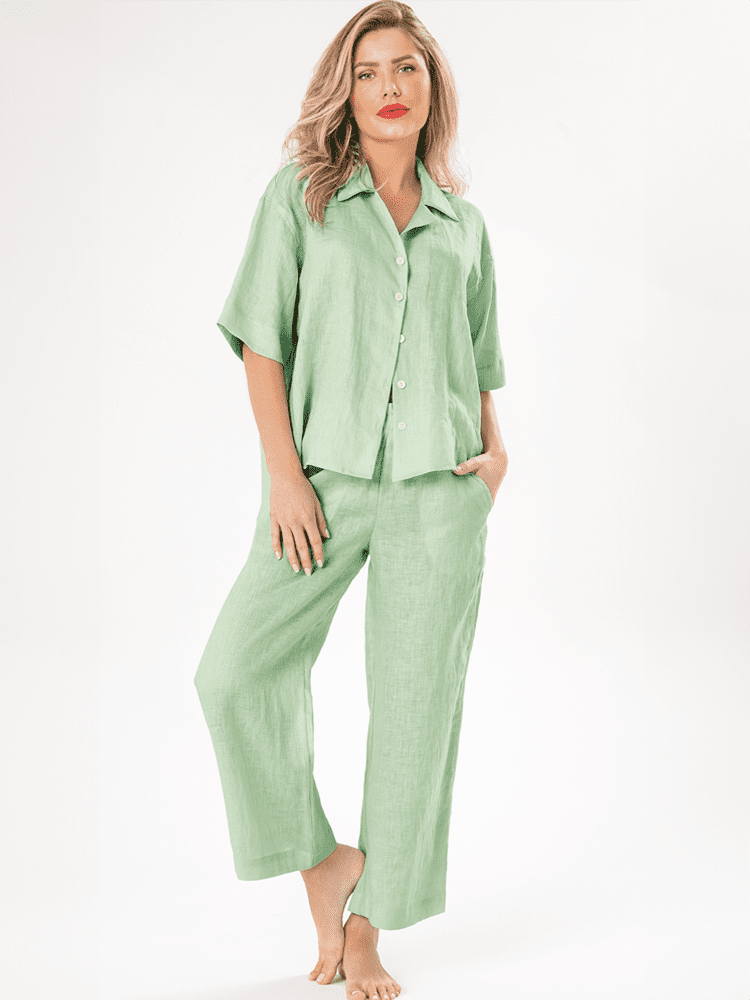
In the arena of organic fashion, many trailblazers have set themselves apart, notably in the USA. Among these are the key players known as USA organic clothing manufacturers who have demonstrated how sustainability and success can thrive under the same roof. These organizations are testament to the feasibility and profitability of adopting green practices in the fashion industry. They have not only succeeded in the business aspect but have also significantly contributed to a better, environmentally friendly global fashion landscape that supports agricultural health and consumer well-being.
One remarkable sub-sector is the wholesome organic baby clothing manufacturers. This significant group of industries has managed to strike a harmonious balance between ensuring the comfort and safety of the tender, sensitive skin of infants, while also protecting the environment. On a larger scale, the wholesale organic clothing manufacturers have consistently set high standards by replacing harsh chemicals with eco-conscious materials and methodologies. Their success is etched in the fact that organic clothes are no longer a niche market but a thriving mainstream industry inspiring conscious consumer choices worldwide.
Transforming Your Wardrobe with Organic Fashion Choices
In the modern age, where sustainability is not just a trend but a necessity, organic clothing offers an exceptional choice for consumers wishing to make a positive change. This transformation begins with making careful, informed selections about the clothing that fills up personal wardrobes. Organic materials, distinctive in their growth and processing, preserve not just the health of the soil, and farm workers, but also the wearer.
These conscious choices can start with tiny steps – an organic cotton t-shirt replacing a conventional one or choosing a sweater made of natural wool over synthetic fibres. The myriad options available on the market today, endorsed by various leading organic clothing manufacturers globally, make fashion-forward, yet eco-friendly choices accessible to everyone. The transformation of the wardrobe with organic fashion is not just an impulsive style statement; it is an individual’s commitment to embracing sustainability and can serve as a significant driving force in promoting a more organic lifestyle.
FAQs
What is the significance of organic clothing?
Organic clothing offers a sustainable and eco-friendly alternative to conventional clothing. It is made from natural materials grown without the use of harmful chemicals, pesticides, or synthetic fertilizers.
How does the production of organic clothes take place from farm to fabric?
The journey of organic clothing starts from organic farms where natural fibers like cotton, hemp, or bamboo are grown without using harmful substances. These fibers are then harvested, cleaned, spun into thread, and woven into fabric, which is later processed into clothing.
How are leading clothing manufacturers contributing to the promotion of organic fashion?
Leading clothing manufacturers are increasingly adopting organic materials and eco-friendly manufacturing processes. They are also advocating for organic fashion through marketing campaigns and collaborations with organic farms and suppliers.
What are the benefits of wearing organic clothes?
Organic clothes are free of harmful chemicals, making them safer for the skin. They are also more durable and breathable than synthetic clothes. Moreover, by choosing organic clothes, consumers are supporting environmentally friendly practices and promoting sustainability.
How does conventional clothing impact the environment and health?
Conventional clothing, production involves the use of synthetic fibers and harmful chemicals, which can cause pollution and harm the ecosystem. These substances can also cause skin irritations and allergies when in contact with the body.
What certifications should I look for when buying organic clothes?
Certifications like the Global Organic Textile Standard (GOTS), Organic Content Standard (OCS), and Soil Association Organic Standards certify that the clothing meets stringent environmental and social criteria across the entire supply chain.
What organic materials are commonly used in clothing production?
Common organic materials used in clothing production include organic cotton, hemp, bamboo, silk, and wool. These materials are grown without the use of harmful chemicals and pesticides.
What does the future hold for organic and eco-friendly fashion?
The future of fashion is likely to be dominated by organic and eco-friendly practices. With growing awareness about sustainability and the environmental impact of fast fashion, more consumers are likely to opt for organic clothes.
Can you share some success stories in the organic fashion industry?
Many brands and designers have successfully adopted organic fashion. For instance, Patagonia has been a pioneer in using organic cotton, and Stella McCartney is renowned for her commitment to sustainable and animal-free fashion.
How can I transform my wardrobe with organic fashion choices?
You can start by gradually replacing your conventional clothes with organic ones. Look for clothes that carry organic certifications. Also, consider supporting brands that are committed to sustainable practices and transparency about their supply chains.

